Optimal Timing for Pool Equipment Repairs
Timely pool equipment repairs are essential to maintaining optimal pool performance and extending the lifespan of key components. The best time to conduct repairs is during periods of low pool usage, typically in the off-season or early spring and fall, before peak swimming periods. Addressing issues early prevents costly breakdowns during high-demand months and ensures the pool remains operational when needed most.
Perform repairs and inspections before the swimming season begins to ensure equipment functions efficiently.
Address minor issues during the off-season to avoid disruptions during peak usage times.
Evaluate equipment after the swimming season to identify and fix wear and tear.
Prepare equipment ahead of temperature drops or storms to prevent damage.
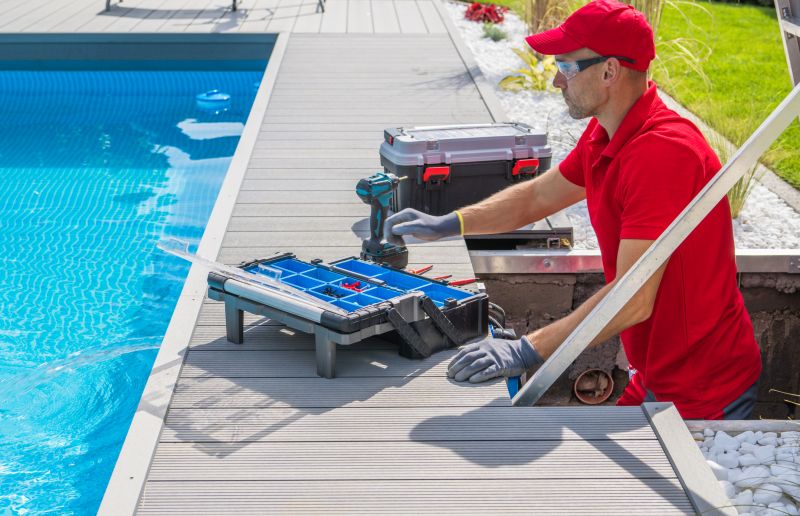
Technicians inspecting pool pumps and filters during spring maintenance.
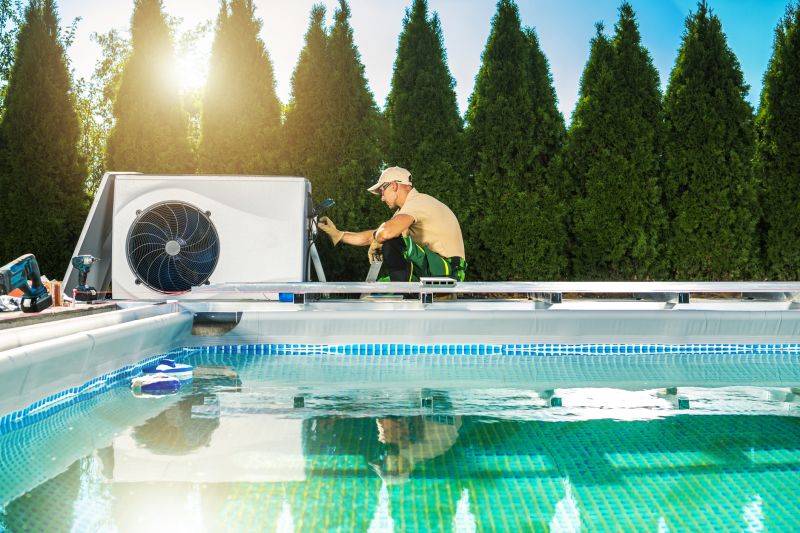
Close-up of pool heater servicing during fall.
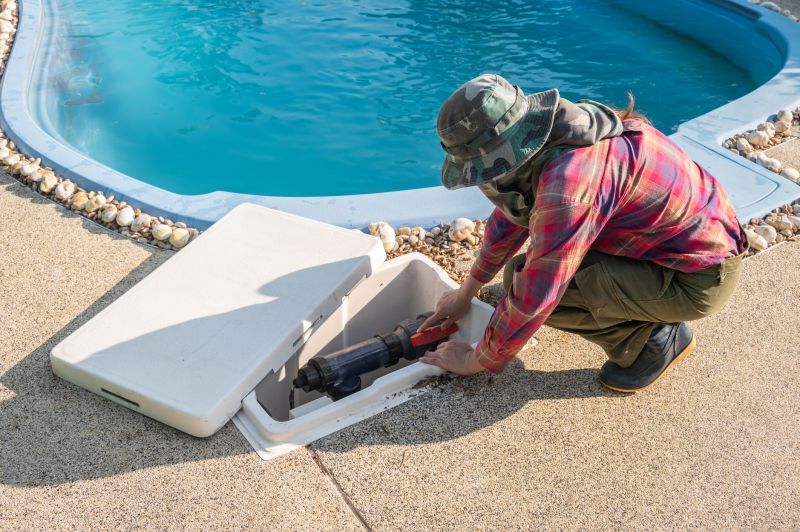
Winterizing pool equipment to prevent freeze damage.
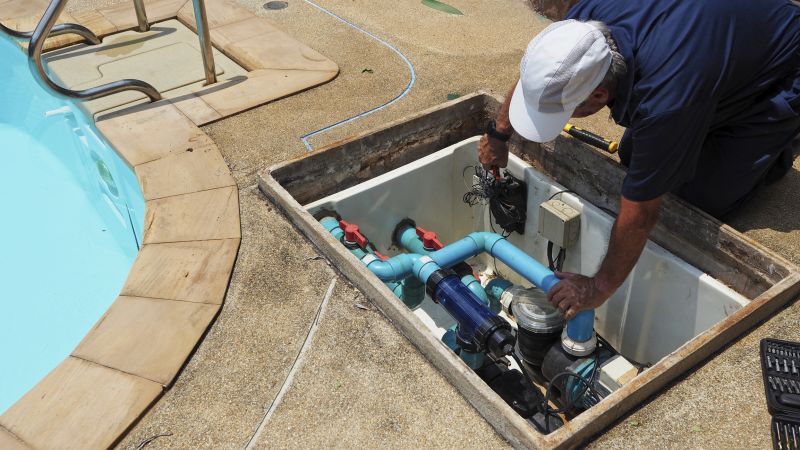
Technician examining pool circulation system.
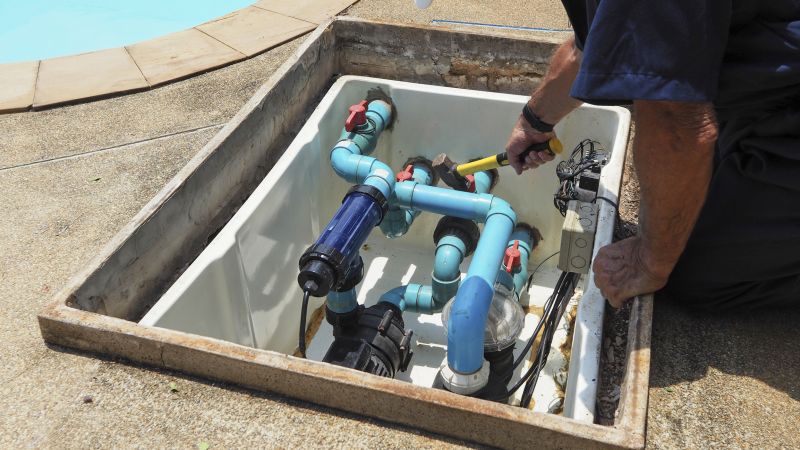
Assessing equipment condition after summer use.
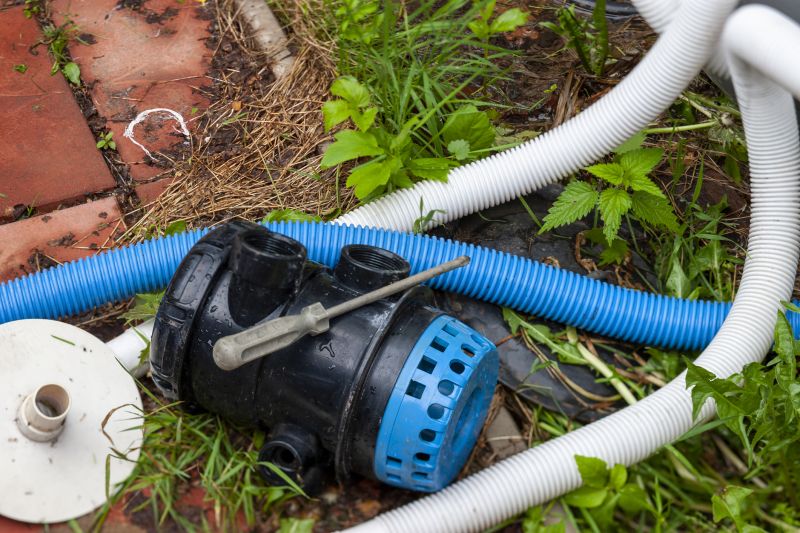
Protective measures for pool pumps during storm season.
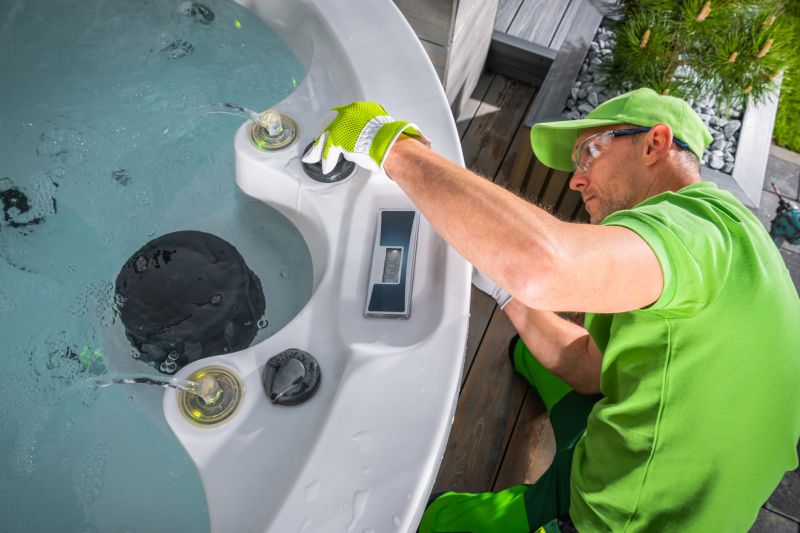
Starting up pool equipment after winter closure.
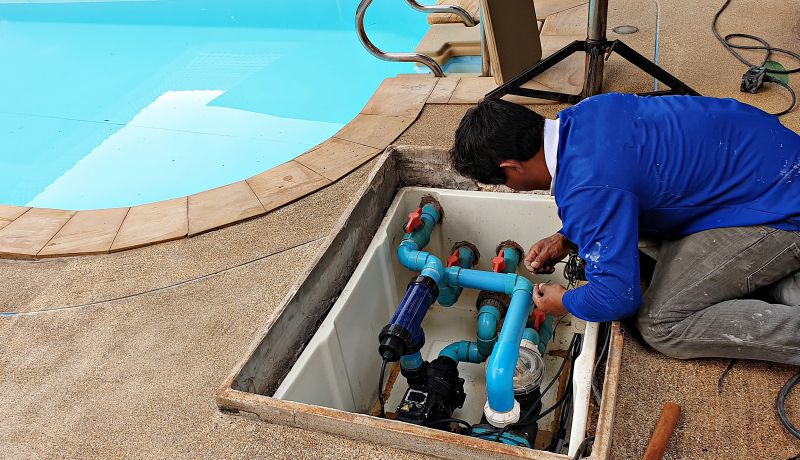
Technician performing routine maintenance on filters.
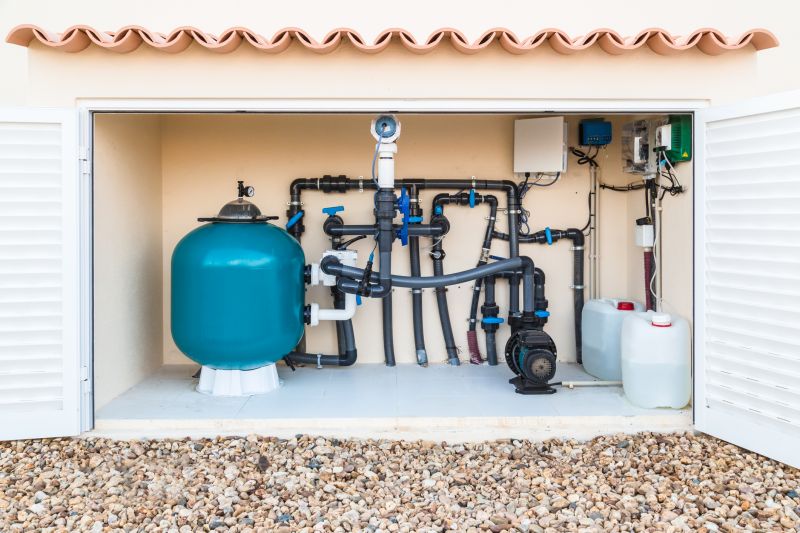
Installing new pool automation systems.
| Timing | Recommendation |
|---|---|
| Spring | Perform repairs before the swimming season begins. |
| Fall | Address minor issues after the season ends. |
| Pre-Winter | Prepare equipment for cold weather to prevent damage. |
| During Off-Season | Schedule routine inspections and minor repairs. |
| Pre-Storm | Secure and protect equipment before storms. |
| Routine Periods | Conduct regular inspections to maintain performance. |
Pool equipment repairs encompass a range of services, including pump repairs, filter replacements, heater servicing, and automation system upgrades. Proper timing of these repairs ensures equipment operates efficiently, reduces energy consumption, and minimizes downtime. Statistics indicate that early repairs can extend equipment lifespan by up to 30%, saving costs over time and maintaining water quality standards.
Regular maintenance and timely repairs are vital for optimal pool operation. Addressing issues promptly prevents minor problems from escalating into major failures. Scheduled repairs during low-demand periods also allow for comprehensive inspections, ensuring all components function correctly and reducing the risk of unexpected breakdowns during peak swimming seasons.
